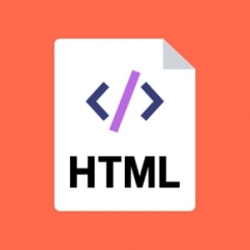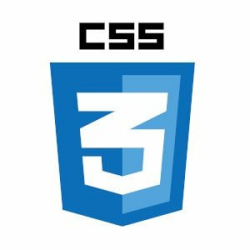Why Choose HTML5 For Game Development?

HTML5
HTML5 is a popular for game development for several reasons:
Cross-platform compatibility: HTML5 games can run on various devices and platforms, including desktops, laptops, tablets, and mobile phones, without the need for platform-specific development. This is because modern web browsers support HTML5, allowing games to be played directly in the browser, making them accessible to a wide audience.
Ease of distribution: With HTML5 games, there's no need to install additional software or plugins. Players can simply access the game URL through their web browser, eliminating the barriers to entry and making it easier to distribute and share games with others.
Cost-effective development: HTML5 games are typically less expensive to develop compared to native games for specific platforms. Since HTML5 uses standard web technologies like HTML, CSS, and JavaScript, developers can leverage their existing skills and tools, reducing development costs and time.
Open web standards: HTML5 is an open standard maintained by the World Wide Web Consortium (W3C). It provides a consistent and reliable framework for game development, ensuring interoperability across different browsers and platforms. This openness fosters innovation, collaboration of online resources and tutorials for developers.
Rich multimedia capabilities: HTML5 has powerful multimedia capabilities, including support for audio, video, and graphics. With the HTML5 Canvas element and WebGL, developers can create visually appealing and interactive games that rival native applications in terms of performance and graphical quality.
Community and ecosystem: HTML5 game development has a vibrant and active community of developers, designers, and enthusiasts. There are numerous frameworks, libraries, and tools available that simplify game development, provide ready-made solutions for common challenges, and offer extensive documentation and support.
Adaptable for different game genres: HTML5 supports a wide range of game genres, from casual puzzle games to more complex multiplayer experiences. With its flexibility, developers can create 2D and even 3D games, implement various gameplay mechanics, and integrate features like social sharing, leaderboards, and in-game purchases.
However, it's crucial to get to know that HTML5 game development has some limitations also. The performance of HTML5 games may not match that of native applications, Additionally, compatibility issues may arise across different browsers and devices, requiring additional testing and optimization. Despite these challenges, HTML5 remains a popular choice for game development due to its accessibility, & cost-effectiveness.











Please login or create new account to add your comment.